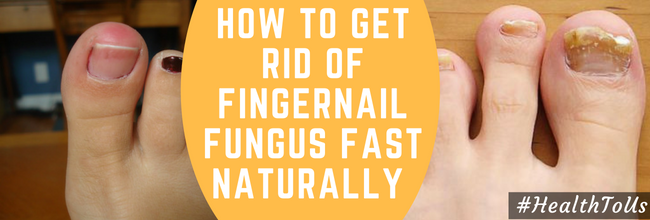
According to the Centers for Disease Control and Prevention, approximately 65% of Americans are now overweight or obese. Sleep apnea and the resulting poor sleep often prompts people to eat more. This is likely due to impaired hormone activity created by sleep deprivation, which leads to harmful metabolic changes. These metabolic and hormonal changes are why many individuals who suffer from sleep apnea have a higher risk of becoming overweight or obese.
When appetite-regulating hormones are operating improperly, it is much easier to overeat and gain weight. Lack of sleep decreases the body's levels of the hormone leptin, which is responsible for signaling the brain when the body is satiated and no longer hungry. Studies have indicated that leptin levels are disrupted in individuals with obstructive sleep apnea; the extent of leptin disruption is not determined by obesity alone, implying that sleep apnea is responsible for the hormonal imbalance, disrupted appetite, and resulting weight gain.
To make matters worse, when your body is sleep-deprived, it increases its production of ghrelin, which is responsible for stimulating appetite and increasing eating. These unhealthy levels of ghrelin and leptin can prompt overeating, fat storage, and excess weight. As a result, many individuals with sleep apnea are at a much higher risk for becoming overweight or obese.
Sleep is incredibly important for your overall health, and most individuals require seven to nine hours of rest each night. If you are suffering from a sleep disorder like sleep apnea, see your doctor. He or she can recommend lifestyle adjustments and treatments to ensure better rest and a lower risk of weight gain.













